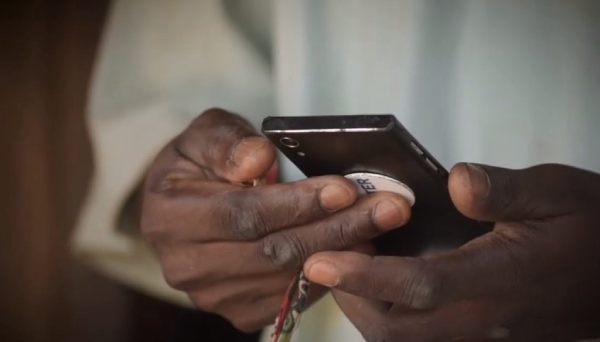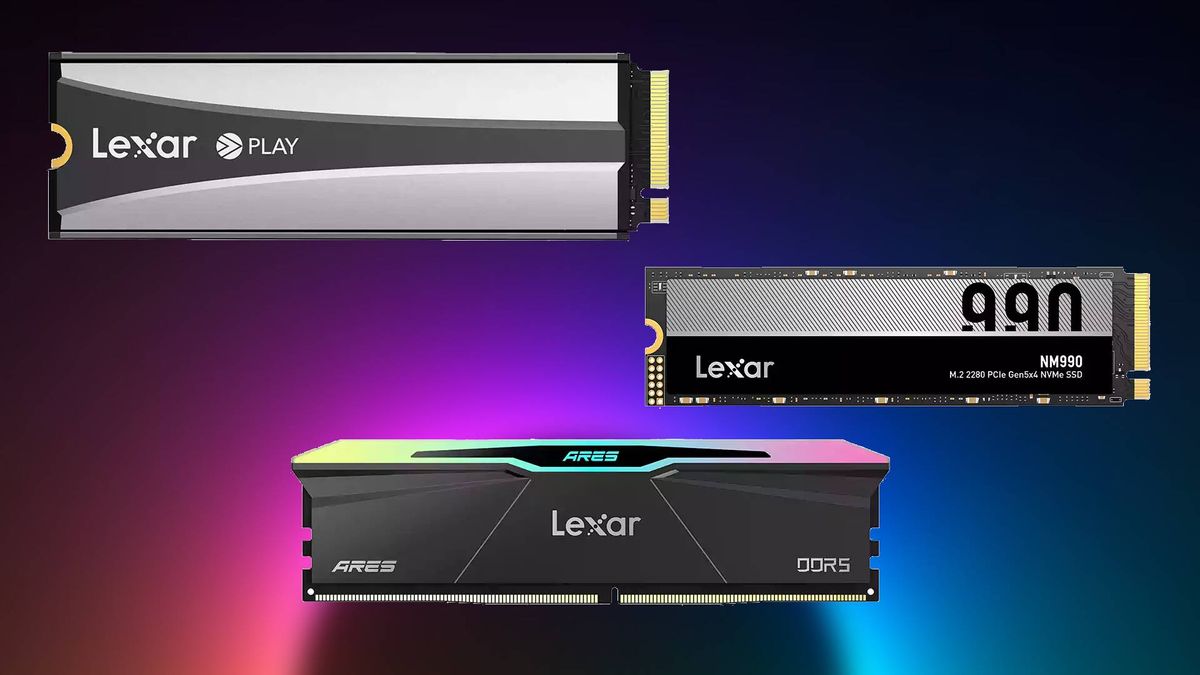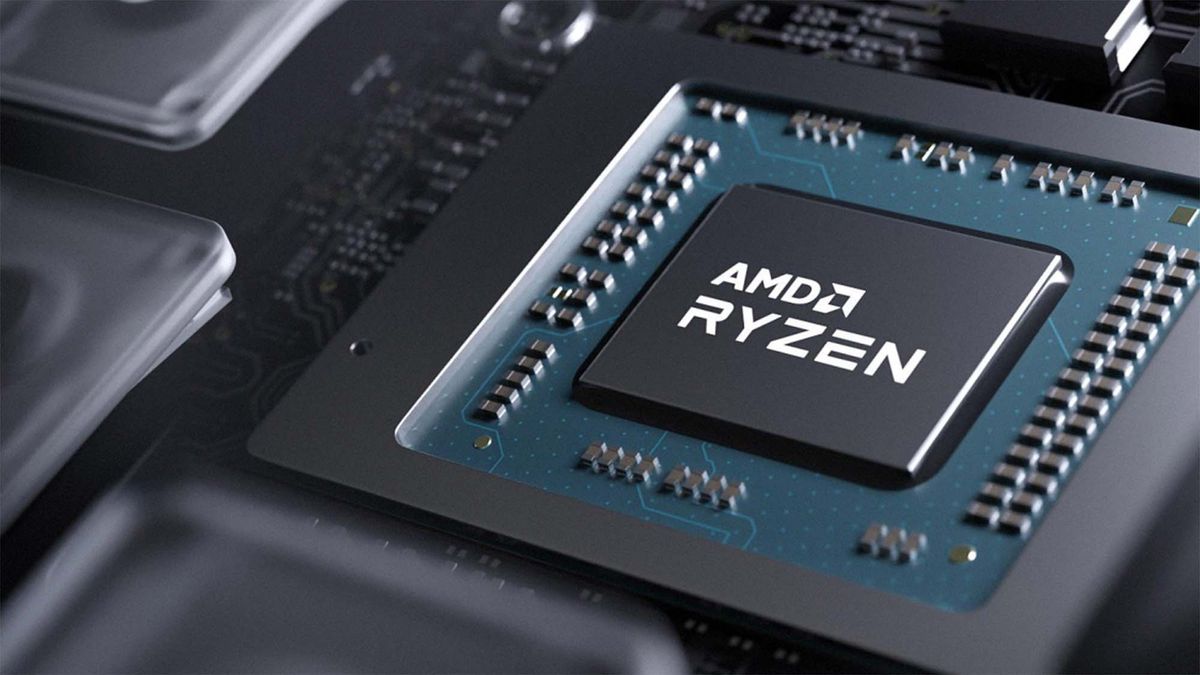New industry-wide initiative aims to boost digital inclusion by reducing barriers to smartphone ownership in Africa
21street October 2025, Kigali: The GSMA, in collaboration with six of Africa's largest mobile operators: Airtel, Axian Telecom, Ethio Telecom, MTN, Orange and Vodacom, today proposed an innovative set of minimum requirements for an affordable entry-level 4G smartphone. The initiative, part of the GSMA Handset Affordability Coalition, is designed to accelerate digital inclusion across the continent by reducing the cost of smartphone ownership for millions of people who remain disconnected.
Smartphone affordability remains the biggest barrier to mobile internet adoption in sub-Saharan Africa. According to the GSMA's State of Mobile Internet Connectivity Report 2025, more than 3 billion people around the world live with mobile broadband coverage but do not use the Internet, with handset affordability cited as the main challenge. GSMA Intelligence estimates that a $40 smartphone could put mobile Internet within reach of 20 million more people in sub-Saharan Africa, while a $30 phone could allow up to 50 million to get online.
The requirements propose basic specifications for memory, RAM, camera quality, screen size, battery performance and other features to ensure a viable and long-lasting 4G smartphone experience at a significantly reduced cost.
Vivek Badrinath, Director General of the GSMA, saying: “Access to a smartphone is not a luxury – it is a lifeline to essential services, income opportunities and participation in the digital economy. By uniting around a shared vision of affordable 4G devices, Africa's leading operators and the GSMA are sending a powerful signal to manufacturers and policy makers. This is an important step in closing the digital divide and ensuring millions more people can reap the benefits of connectivity mobile”.
A call to action
In the coming months, the GSMA will engage with original equipment manufacturers (OEMs) and technology companies to consult on proposed minimum requirements and support for affordable 4G devices. At the same time, the mobile industry is calling on governments across Africa to act quickly to remove taxes on entry-level smartphones priced below $100. In some countries, VAT and import duties can increase device prices by more than 30%, directly raising costs for citizens and hampering digital inclusion efforts.
Earlier this year, South Africa introduced tax reforms on entry-level smartphones, a policy the industry is urging other African governments to replicate to build momentum for digital transformation.
Driving inclusive growth
Mobile Internet connectivity supports access to education, healthcare, financial services and e-commerce, and is linked to poverty reduction and increased well-being. Closing the usage gap in low- and middle-income countries between 2023 and 2030 could generate $3.5 trillion of additional GDP.
The GSMA and the Handset Affordability Coalition believe that access to affordable smartphones is the foundation of this opportunity. To learn more about the work of the Handset Affordability Coalition, visit:
-ENDS-
About the GSMA
The GSMA is a global organization that unifies the mobile ecosystem to discover, develop and deliver critical innovation for positive business environments and social change. Our vision is to unlock the full power of connectivity so that people, industry and society thrive. Representing mobile operators and organizations across the mobile ecosystem and adjacent industries, the GSMA offers its members three broad pillars: connectivity for good, industry services and solutions, and outreach. This activity includes advancing policy, addressing today's biggest societal challenges, supporting the technology and interoperability that make mobile devices work, and providing the world's largest platform to convene the mobile ecosystem at the MWC and M360 series of events.
We invite you to learn more at gsma.com
Media contacts
GSMA Press Office
[email protected]









